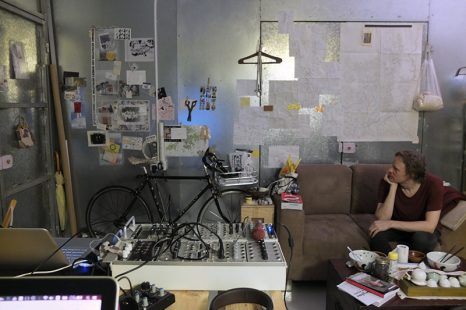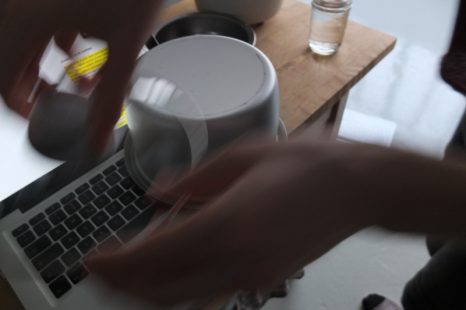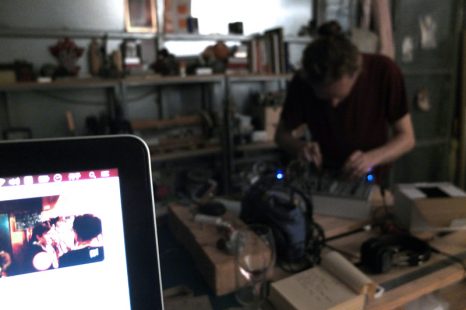
dirty south.
In a hypothesis developed by Wilhelm Solheim, the Nusantao Maritime Trading and Communication Network (NMTCN) is a trade and communication network that first appeared in the Asia-Pacific region during its Neolithic age, or beginning roughly around 5000 BC. “Nusantao” is an artificial term coined by Solheim, derived from the Austronesian root words nusa “south” and tao “man, people”.
— filed under “Nusantao”, Wikipedia
the spread in many directions as “a kind of excuse to party, right“, T. commented, and W. agreed, even though she was disappointed that nobody was listening, and even though she wanted to find some theoretical right to party, like a Brechtian sausage.
— 恩斯特·布洛赫
There would not have been a French Revolution, as Marx stated, without the heroic illusions that natural law engendered. Of course, they did not become real, and what did become real of them, the free market of the bourgeoisie, is not at all that which was dreamed of, though wished for, hoped, demanded, as utopia. Thus now, if a world were to emerge that is hindered for apparent reasons, but that is entirely possible, one could say, it is astonishing that it is not——if such a world, in which hunger and immediate wants were eliminated, entirely in contrast to death, if this world would finally just “be allowed to breathe” and were set free, there would not only be platitudes that would come out at the end and gray prose and a complete lack of prospects and perspectives in regard to existence here and over there, but there would also be freedom from earning instead of freedom to earn, and this would provide some space for such richly prospective doubt and the decisive incentive toward utopia that is the meaning of Brecht’s short sentence, “Something’s missing.” This sentence, which is in Mahagonny, is one of the most profound sentences that Brecht ever wrote, and it is in two words. What is this “something”? If it is not allowed to be cast in a picture, then I shall portray it as in the process of being (seiend). But one should not be allowed to eliminate it as if it really did not exist so that one could say the following about it: “It’s about the sausage.” Therefore, if all this is correct, I believe utopia cannot be removed from the world in spite of everything, and even the technological, which must definitely emerge and will be in the great realm of the utopian, will form only small sectors. That is a geometrical picture, which does not have any place here, but another picture can be found in the old peasant saying, there is no dance before the meal. People must first fill their stomachs, and then they can dance.
— Ernst Bloch

W.’s trauma of not being heard was a structural problem as much as a genetic defect, more recently amplified by contemporary notions of #fomo, post-maturity and the simple fear of being lost and forgotten and useful to no one.
S. was then of an age where she thought about age at least eight times a day. Having spent parts of her life in New York and LA, she knew where she was “from” didn’t much matter. When she was a student at Wellington High School, S. recalled being told by the head English teacher, a salt-and-pepper-haired man in baggy black-and-white tweeds who’d published critical essays on D.H. Lawrence, that because of her emigration from the US at such a formative age, she had no nationality and therefore, despite her interest in literature, could not be a writer [see further at 版本 version 3.0]. Which is to say, S. had lived through various eras including the demise of nationalism.
— from Absolute Love, by Chris Kraus (Scary Topiary Press, 2016)

Unfortunately nationalisms have not really died if we are still looking for these genealogies of belonging, southern girl, and you empathised with O.’s alienation even though he talked about love and hate in a way that made you hate him. later, W. made a transnational gift of O.’s art object produced by W.’s semi-anonymous collective, her shy prefaces leading T. to make fun of W. because of her need to make a “finished product”. These are all various forms of trade and transaction, not so dissimilar from the way that cultures and identities and forms of belonging happen over time, across oceans. so while W. becomes a businesswoman she finally realises that her roots are not merely ethnic as much as gender-specific and class-based, contaminated, kind of like ‘dirty south’.
